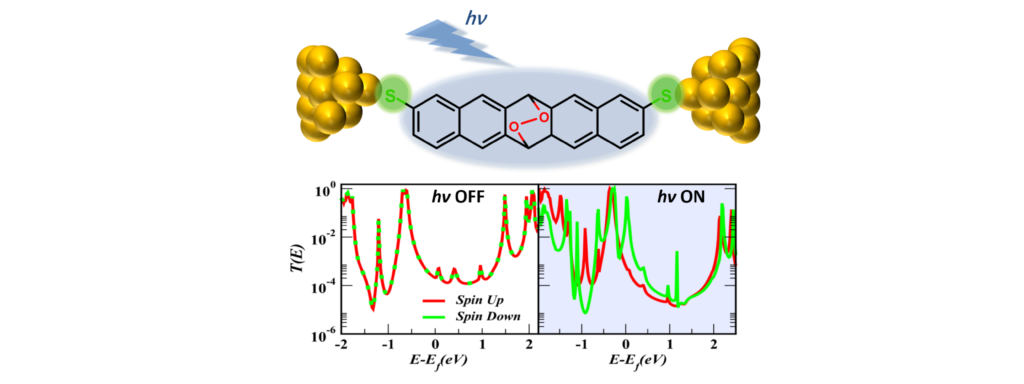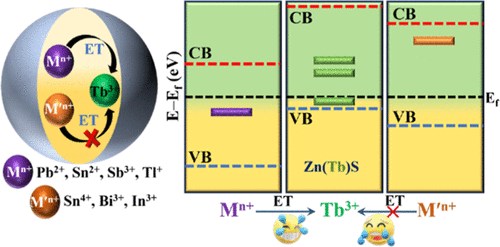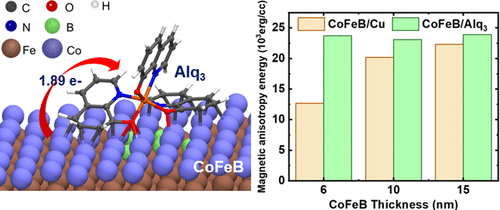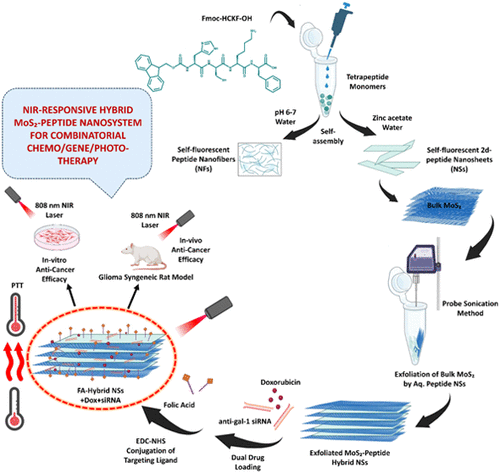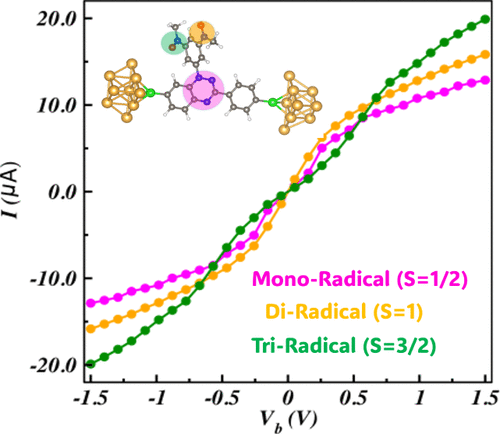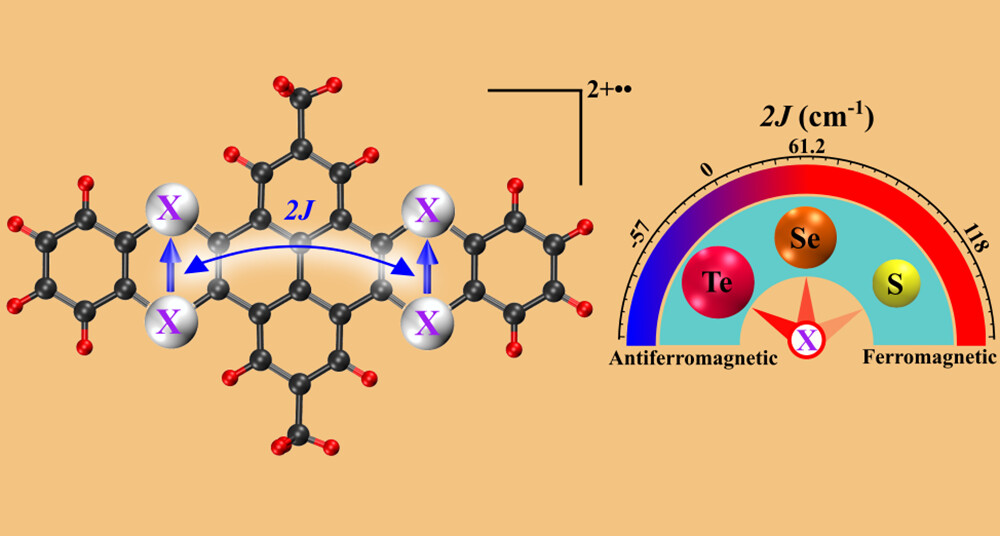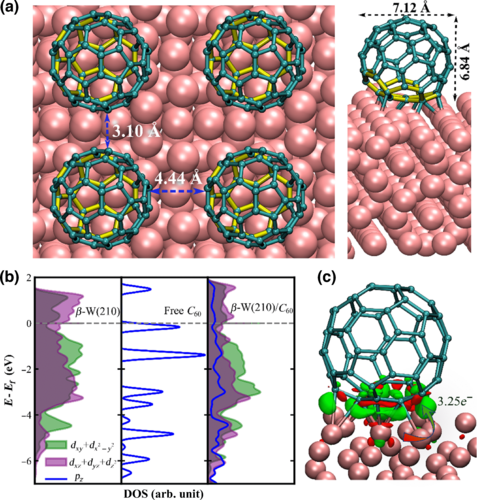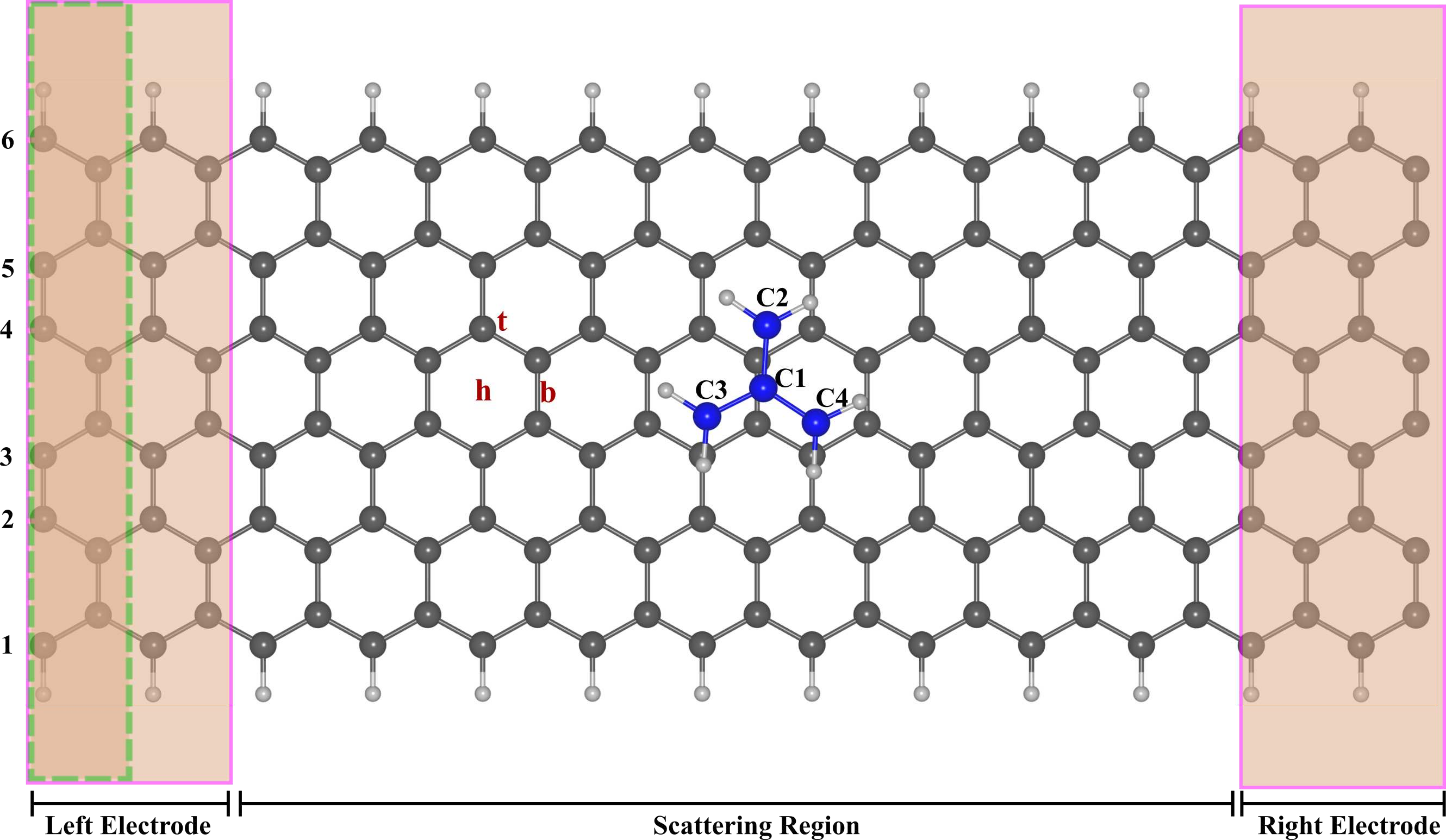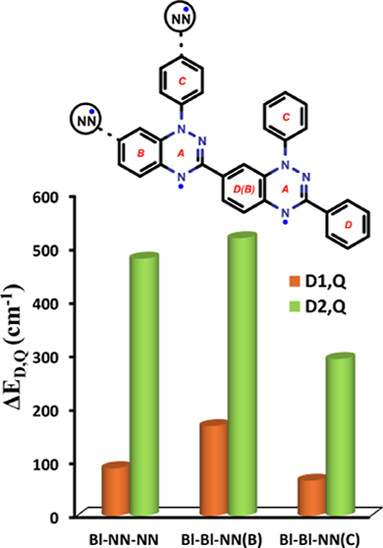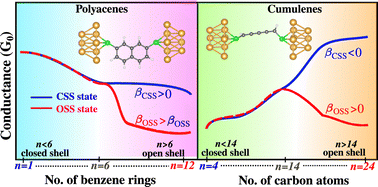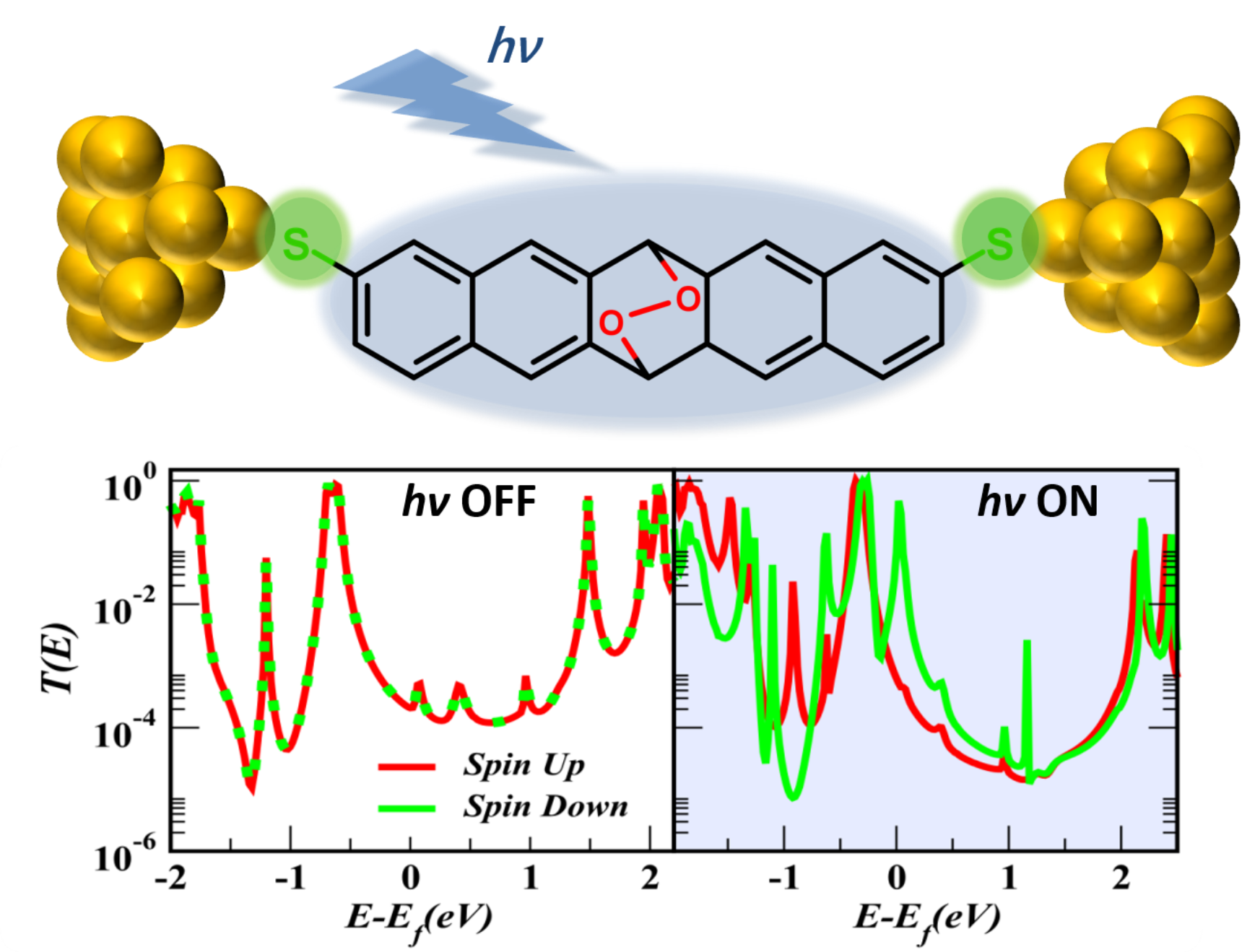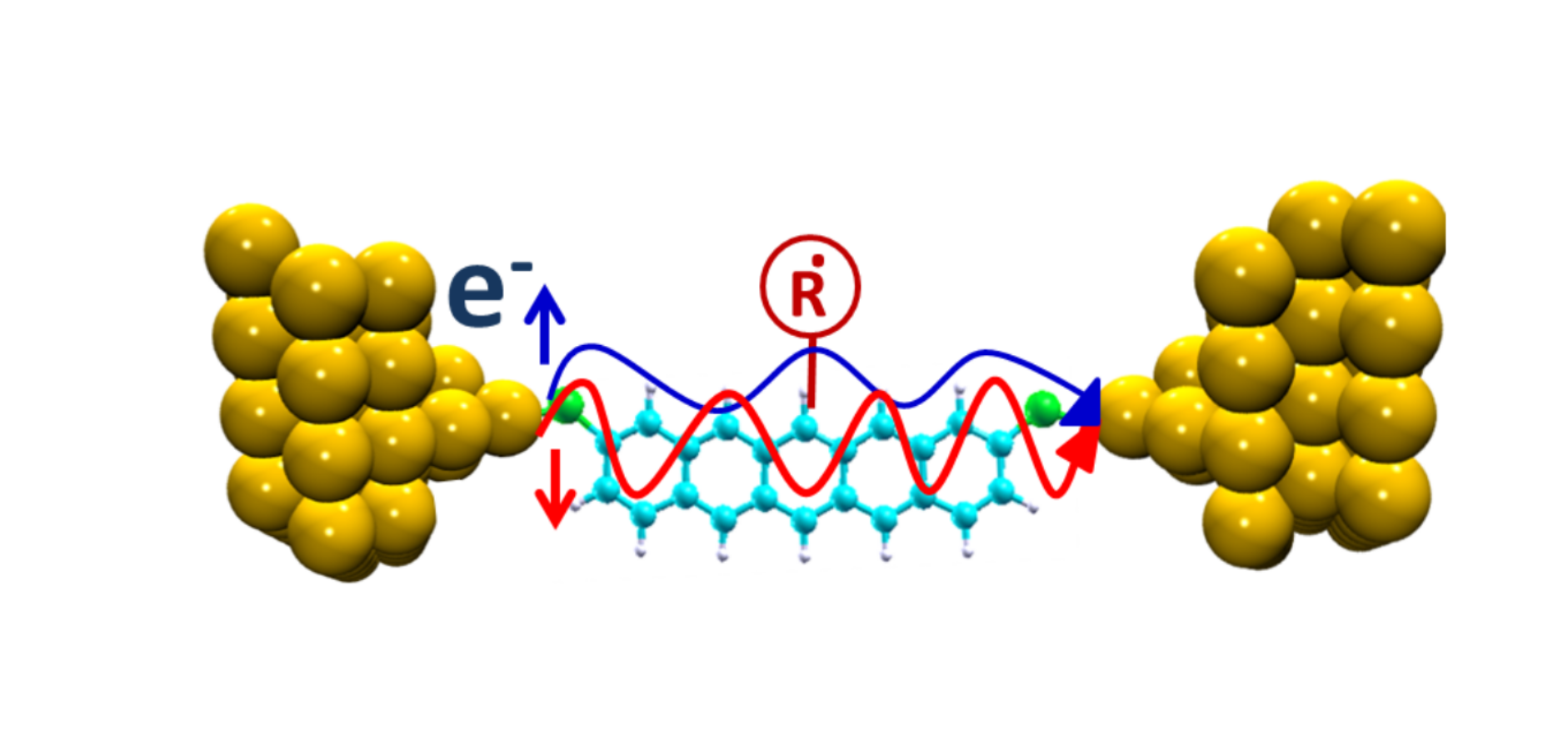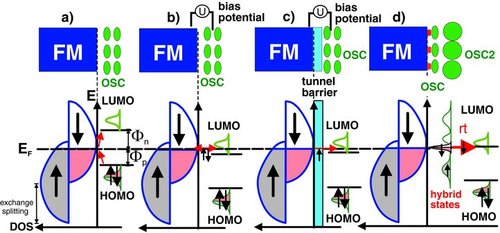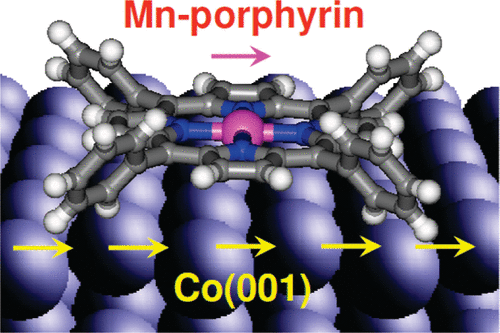Molecular spintronics is the most emerging science taking advantage of the dual freedom of both the spin and charge degrees and their possible applications for data storage and processing devices. The generation and injection of electrical currents with substantial spin polarization is a key ingredient for molecular-based spintronic devices. A few of the single- molecule circuits have seen the light of the day with the observation of spin-dependent conductance where the transport of an electron of one spin configuration is favored over the other. This includes (i) traditional magnetic tunnel junctions consisting of two ferromagnetic electrodes separated by a non-magnetic spacer, (ii) spin-crossover molecules based on transition metal complexes, (iii) chiral diamagnetic molecules, such as DNA and proteins, displaying chiral induced spin selectivity (CISS). In this area, organic magnetic molecules have emerged out as a possible alternative over the traditional inorganic molecules due to weak spin orbit coupling and nuclear hyperfine interactions, which enhances the retention time of spin information and preserves the spin coherence over longer distances. Apart from single molecular junctions, various 2D-materials due to their unique properties such as high carrier mobility, long spin lifetime and large spin diffusion length, are promissing materials for spintronics components.
Our research focuses on the spin-resolved transport properties in particular for organic molecules and various 2D-materials in the context of a wealth of interesting quantum phenomena such as Coulomb blockade, Kondo effects, quantum interference, and so on. To achieve efficient spin injection, we are exploring various stable organic radicals and diradicaloids with intrinsic open-shell character as well as 2D-materials. For modeling the phase coherent electron transport through single-molecule junctions we are using the most commonly employed Nonequilibrium Green’s function (NEGF) combined with density functional theory (DFT). Our ultimate aim is the fundamental understanding of spin-selective quantum transport phenomena at the nanoscale and to propose new concepts to inculcate efficient spin polarization in molecular devices which can be used as innovative spintronic materials.
